The planet earth is the only planet on which we humans can survive! This is continuously repeated in different forms by the environmental experts to remind the people across the globe that we do not care enough about our home! Nature was once a Mother to us but now we are treating it just like an enemy! We do not love it and behave in a reckless fashion. Of course, the consequences are all for us. We are losing the precious species of animals and plants due to our uncommitted economic and industrial ambitions. One of the key factors involved in the extinction of these species is the destruction of natural habitats and ecosystems. Every conservation program must be associated with a sincere effort towards the restoration of the destructed ecosystems. "The theme for World Environment Day 2021 is “Ecosystem Restoration” and will see the launch of the UN Decade on Ecosystem Restoration. Ecosystem restoration can take many forms: Growing trees, greening cities, rewilding gardens, changing diets or cleaning up rivers and coasts. This is the generation that can make peace with nature."
To understand the theme for the World Environment Day 2021, we conducted an exclusive interview with Dr. Molly K. Grace from Oxford University. Molly joined ICCS as a Knowledge Exchange Fellow in October 2017. She is the Coordinator of the Species Conservation Success Task Force of the IUCN Species Survival Commission. This Task Force is responsible for developing and delivering the new Green List of Species, which will provide a standardised way to measure conservation success and account for the positive impacts of conservation. Currently, conservation success is measured in terms of the outcome we wish to avoid (extinction) rather than the outcome we wish to achieve: the recovery of populations carrying out their ecological roles throughout their indigenous range. Her position is funded by the Natural Environment Research Council (supporting Molly as a Knowledge Exchange Fellow), IUCN, Global Wildlife Conservation, and the Cambridge Conservation Initiative Collaborative Fund. Previously, Molly's research focus was in road ecology, specifically the effects of roads on behaviour of wildlife and humans. She pursued this interest at Duke University (working with Steve Nowicki and Rindy Anderson studying how traffic noise affects songbird communication) and at the University of Central Florida (working with Reed Noss to explore how traffic noise affects amphibian behaviour, and how best to prevent collisions between vehicles and large animals).
SAEDNEWS: This year the World Environment Day is announced to be focused on the "ecosystem restoration" and this is also one of the steps that seems to be vital for any conservation union. What are the strategies proposed by the experts at IUCN and its task forces that can help this restoration happen and save the species on Red List?
Molly K. Grace: The IUCN's six commissions, and more than 1,400 member organisations, are using a huge variety of strategies to promote ecosystem restoration! So, I cannot speak for them all. Personally, I co-chair the Green Status of Species Working Group of the Species Survival Commission/Red List Unit. The Green Status of Species helps connect ecosystem restoration and species conservation by recognising that restoration of species interactions is key for a healthy ecosystem. The Green Status sets a new conservation goal for species: that the species is viable and performing its ecological functions throughout its range.
SAEDNEWS: Is IUCN just seeking to raise the global consciousness with a series of cranes including the listing of the endangered specie and certain programs or there is a deeper plan for a behavioral intervention in the context of the human interaction with nature?
Molly K. Grace: On the Edge Conservation (https://www.ontheedge.org/about) is an IUCN member organisation that has a clear goal of influencing human behaviour to improve outcomes for nature, including using technology and games in addition to traditional behaviour change campaigns.
SAEDNEWS: It is almost seven and half decades since the establishment of IUCN and during these years many species have already gone extinct. Is there any special task force at IUCN that would monitor the process of extinction and provide a list of factors that have been involved in the extinction of a species for future actions? If so what are the common factors involved and how we stop them?
Molly K. Grace: The Species Survival Commission has several cross-cutting Specialist Groups which are listed here: https://www.iucn.org/ssc-groups/disciplinary-groups. All of these groups have a role to play in identifying common factors in extinctions and how they can be stopped, however the groups that play a key role are the Species Monitoring Specialist Group and the Conservation Planning Specialist Group.
SAEDNEWS: As a matter of fact, ecosystem destruction is the major factor involved in the extinction of endangered species. Here there is a huge conflict of interests between the conservationists and the corporate capitalists. It seems any tangible action in terms of conservation of nature needs to be preceded by a revision of world's economic equations mainly focused on the accumulation of wealth and power. This needs international cooperation in many fields. As an initiative of UNESCO, has the IUCN taken an action for mobilization of other international bodies to play their roles?
Molly K. Grace: IUCN is a Permanent Observer in the UN General Assembly, and it is the only international observer organization with expertise in biodiversity conservation. IUCN also provides positions on the development of international biodiversity agreements, such as the Convention in Biological Diversity (see https://www.iucn.org/theme/global-policy/resources/position-papers/convention-biological-diversity-cbd)
SAEDNEWS: As you know, once we had lions, tigers and large cats in different areas of Iran. Now all are gone extinct and cheetahs and leopards are on the edge of extinction. I do not think the situation to be better than this in other neighboring countries including the developing ones. Any conservation plan seems to need a cultural package. This is indeed concerned with changing people's perspective of the nature as a whole. They do not see themselves as part of the nature and do not think that their own life is in danger without a healthy nature with all its beauties. Does IUCN take this point into consideration and if so what actions have been taken?
Molly K. Grace: Regarding this question, I personally think that the work of IUCN's Sustainable Use and Livelihoods Specialist Group (https://www.iucn.org/commissions/ssc-groups/cross-cutting/sustainable-use-and-livelihoods) is extremely important. Their work highlighting the many ways that humans are dependent on nature for life and livelihoods demonstrates the interconnectedness of people and nature.
SAEDNEWS: You are a member of IUCN SSC/ Red List Committee Task Force and it is announced that the task force is working on a framework for assessing the success of the conservation actions. Is there any progress as to the framework?
Molly K. Grace: That is correct- the Species Conservation Success Task Force, which was tasked with developing the new IUCN Green Status of Species. Now that the development is complete, we have become a permanent Working Group: the Green Status of Species Working Group. Over the past 3 years, we have worked to develop and test the Green Status methods for assessing species recovery. The methods have been approved by IUCN, and are now available online: https://www.iucnredlist.org/resources/green-status-assessment-materials
SAEDNEWS: Tell us about Wednesdays for the Planet. You are also part of this initiative. What aim does this initiative pursue?
Molly K. Grace: I was only an invited speaker for Wednesdays for the Planet, so I cannot speak to its overall aims with any authority. However, in general it is a series of online film screenings and expert presentations on environmental topics, with audiences of 300-1200 people. The event that I was involved with was a screening of a documentary about rewilding and can be viewed here: https://www.genevaenvironmentnetwork.org/events/wednesdays-for-the-planet-europe-reclaums-biodiversity/
SAEDNEWS: As the final question, I would like to ask your view of the importance of the educational element in building a new generation of conservationists. How does a nature-oriented education help the process of conservation of nature to be successful?
Molly K. Grace: Personally, I feel that it is hard to feel connected to, and want to conserve, things that you don't understand. There is a push at universities to stop providing natural history education (observing species in their native environment and learning species identities) to make room for other topics, such as molecular/genomic approaches. While these technologies are key for conservation moving forward, there is still so much to discover simply by being in nature. And with a field guide, many people can even teach themselves!

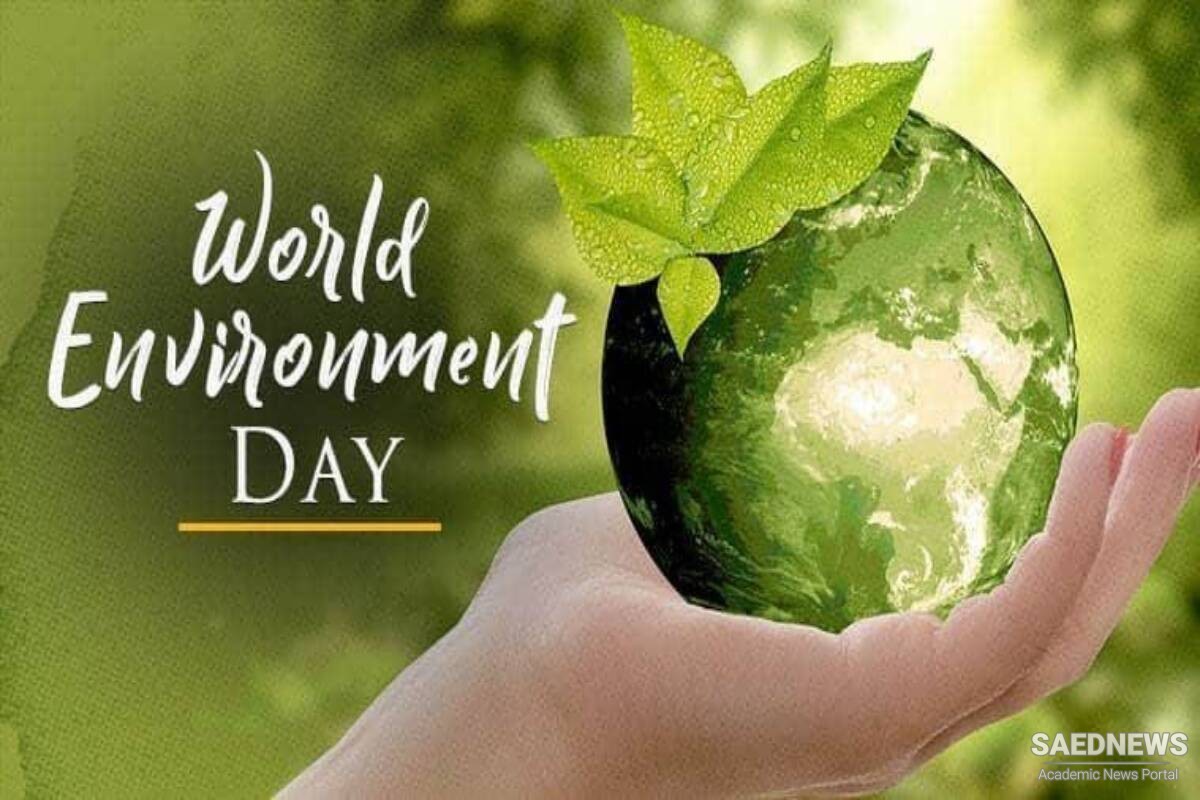
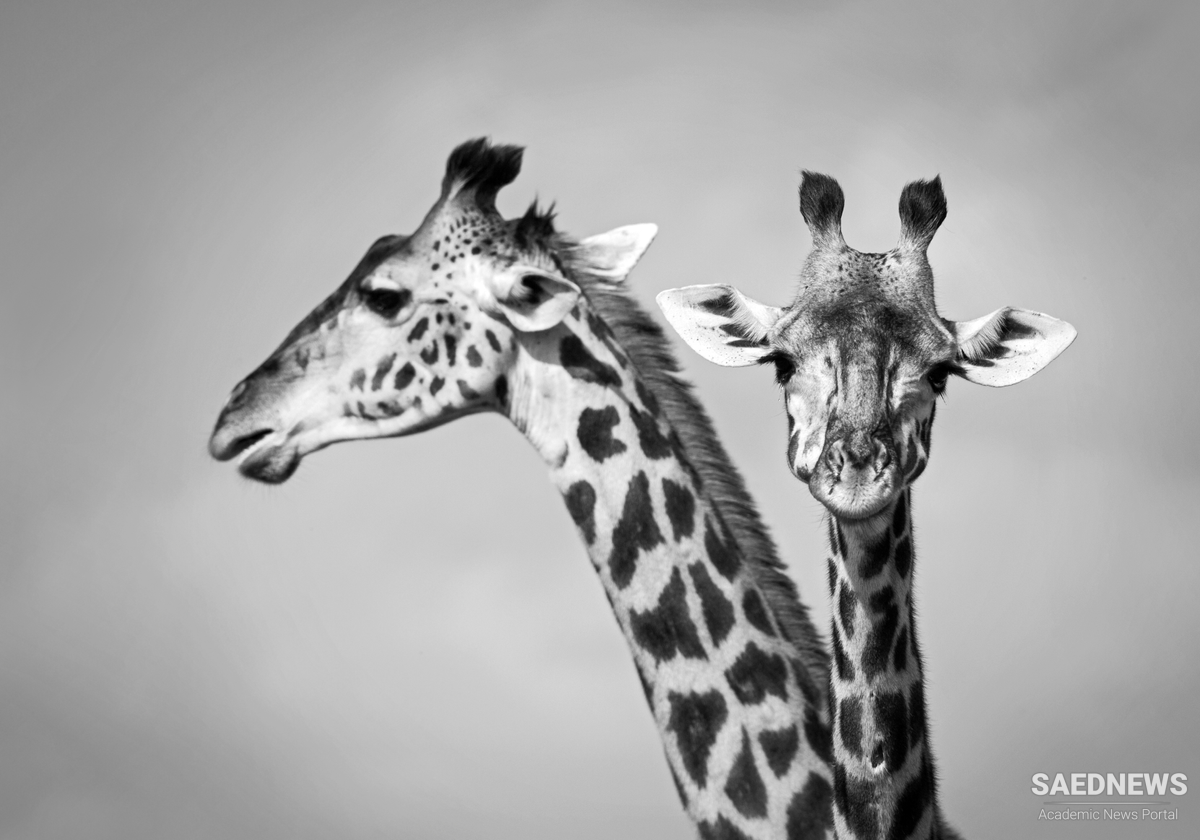
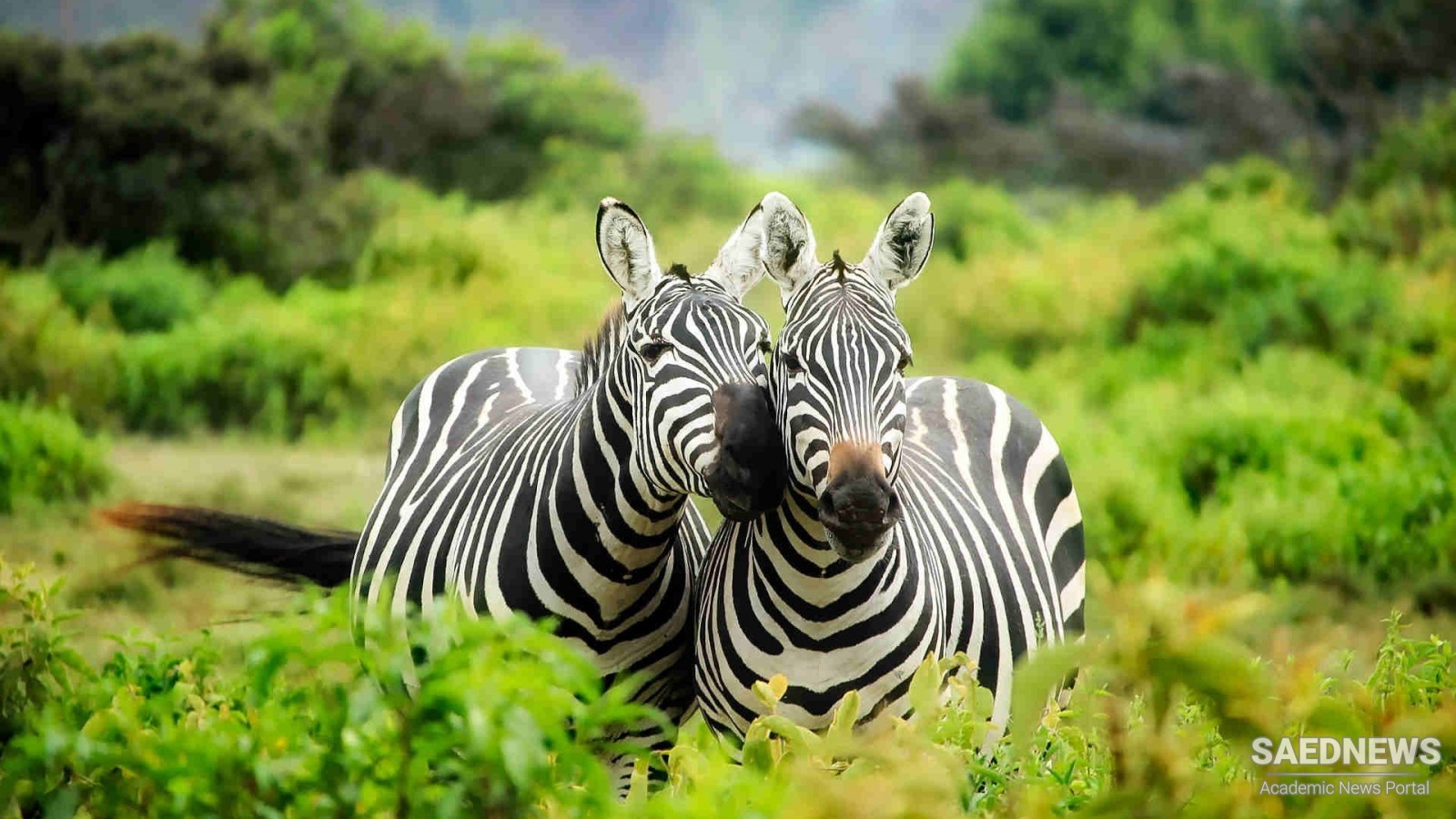
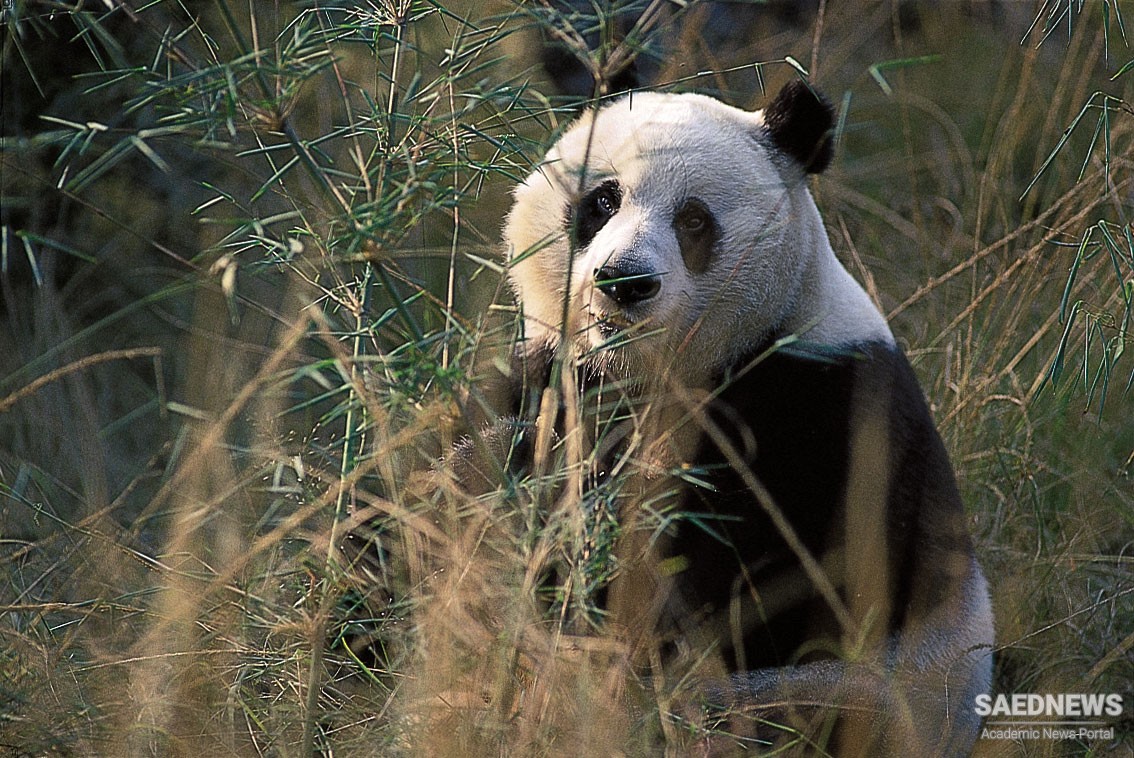
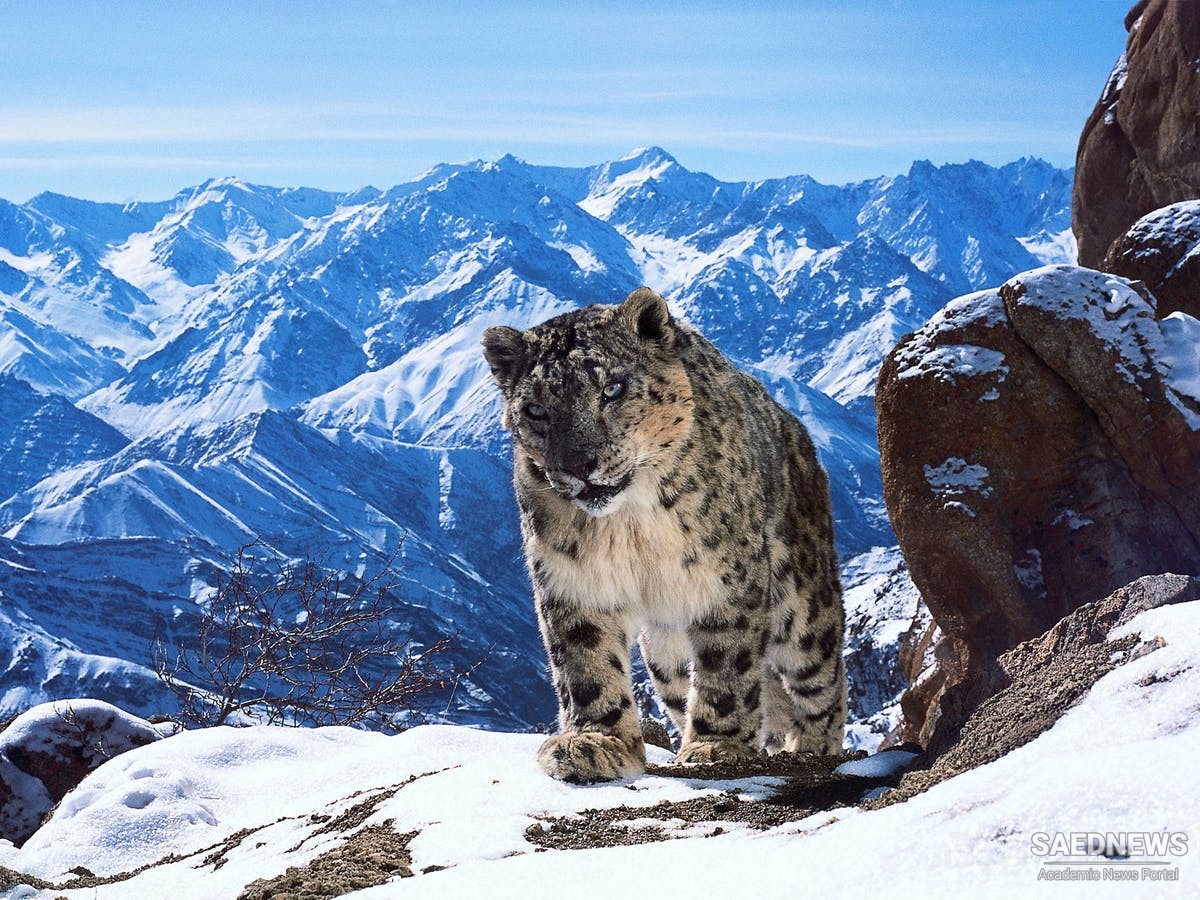

 Persian Cheetah the Shining King of Iran's Plains
Persian Cheetah the Shining King of Iran's Plains














































